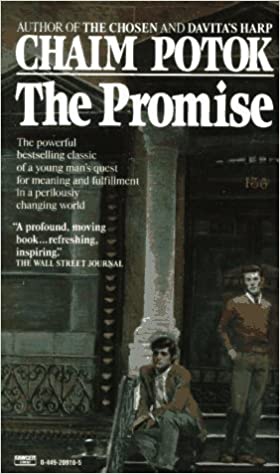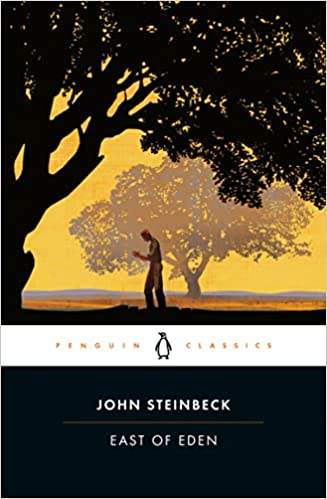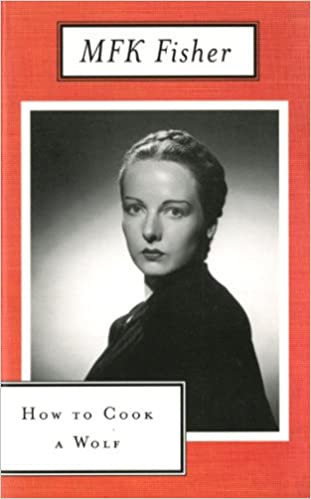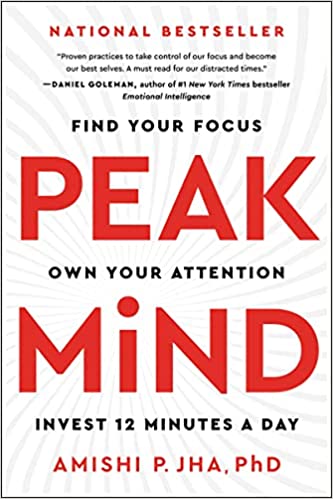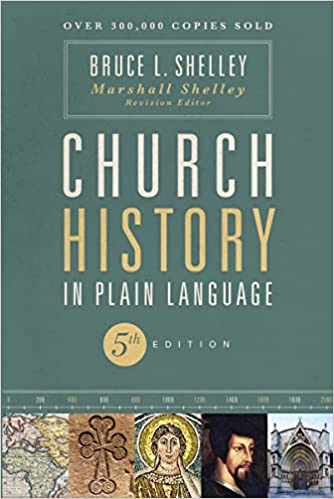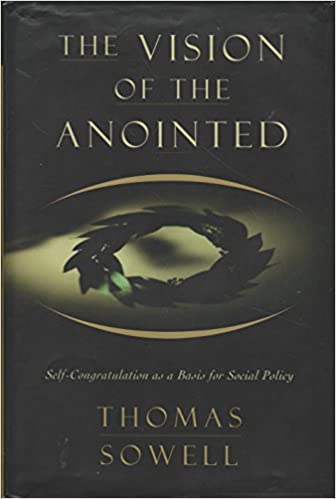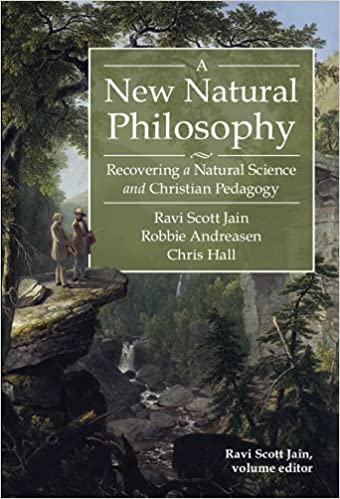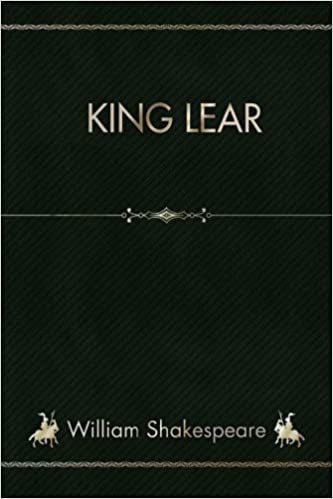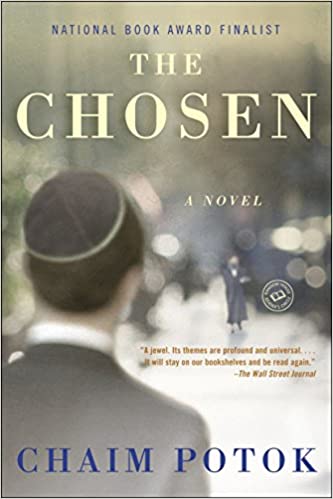The Promise
Young Reuven Malter is unsure of himself and his place in life. An unconventional scholar, he struggles for recognition from his teachers. With his old friend Danny Saunders--who himself had abandoned the legacy as the chosen heir to his father's rabbinical dynasty for the uncertain life of a healer--Reuvan battles to save a sensitive boy imprisoned by his genius and rage. Painfully, triumphantly, Reuven's understanding of himself, though the boy change, as he starts to aproach the peace he has long sought....
More info →East of Eden
In his journal, Nobel Prize winner John Steinbeck called East of Eden “the first book,” and indeed it has the primordial power and simplicity of myth. Set in the rich farmland of California’s Salinas Valley, this sprawling and often brutal novel follows the intertwined destinies of two families—the Trasks and the Hamiltons—whose generations helplessly reenact the fall of Adam and Eve and the poisonous rivalry of Cain and Abel.
The masterpiece of Steinbeck’s later years, East of Eden is a work in which Steinbeck created his most mesmerizing characters and explored his most enduring themes: the mystery of identity, the inexplicability of love, and the murderous consequences of love's absence. Adapted for the 1955 film directed by Elia Kazan introducing James Dean and read by thousands as the book that brought Oprah’s Book Club back, East of Eden has remained vitally present in American culture for over half a century.
This edition features an introduction by David Wyatt.
More info →How to Cook a Wolf
Written to inspire courage in those daunted by wartimes shortages, How to Cook a Wolf continues to rally cooks during times of plenty, reminding them that providing sustenance requires more than putting food on the table.
M. F. K. Fisher knew that the last thing hungry people needed were hints on cutting back and making do. Instead, she gives her readers license to dream, to experiment, to construct adventurous and delicious meals as a bulwark against a dreary, meager present. Her fine prose provides reason in itself to draw our chairs close to the hearth; we can still enjoy her company and her exhortations to celebrate life by eating well.
Peak Mind
STOP FOR A MOMENT.
Are you here right now?
Is your focus on this page? Or is it roaming elsewhere, to the past or future, to a worry, to your to-do list, or to your phone?
Whether you’re simply browsing, talking to friends, or trying to stay focused in an important meeting, you can’t seem to manage to hang on to your attention. No matter how hard you try, you’re somewhere else. The consequence is that you miss out on 50 percent of your life—including the most important moments.
The good news: There’s nothing wrong with you—your brain isn’t broken. The human brain was built to be distractible.
The even better news: You can train your brain to pay attention more effectively.
Stay with me a little longer and soon you will be able to:
- Focus without all the struggle.
- Take back your attention from the pull of distraction.
- And function at your peak, for all that truly matters in your life.
Church History in Plain Language
Bruce Shelley's classic history of the church brings the story of global Christianity into the twenty-first century. Like a skilled screenwriter, Shelley begins each chapter with three elements: characters, setting, plot. Taking readers from the early centuries of the church up through the modern era he tells his readers a story of actual people, in a particular situation, taking action or being acted upon, provides a window into the circumstances and historical context, and from there develops the story of a major period or theme of Christian history. Covering recent events, this book also:
- Details the rapid growth of evangelical and Pentecostal Christianity in the southern hemisphere
- Addresses the decline in traditional mainline denominations
- Examines the influence of technology on the spread of the gospel
- Discusses how Christianity intersects with other religions in countries all over the world
For this fifth edition, Marshall Shelley brought together a team of historians, historical theologians, and editors to revise and update this father's classic text. The new edition adds important stories of the development of Christianity in Asia, India, and Africa, both in the early church as well as in the twentieth and twenty-first centuries. It also highlights the stories of women and non-Europeans who significantly influenced the development of Christianity but whose contributions are often overlooked in previous overviews of church history.
This concise book provides an easy-to-read guide to church history with intellectual substance. The new edition of Church History in Plain Language promises to set a new standard for readable church history.
More info →The Vision Of The Anointed: Self-congratulation As A Basis For Social Policy
Sowell presents a devastating critique of the mind-set behind the failed social policies of the past thirty years. Sowell sees what has happened during that time not as a series of isolated mistakes but as a logical consequence of a tainted vision whose defects have led to crises in education, crime, and family dynamics, and to other social pathologies. In this book, he describes how elites—the anointed—have replaced facts and rational thinking with rhetorical assertions, thereby altering the course of our social policy.
More info →A New Natural Philosophy: Recovering a Natural Science and Christian Pedagogy
Aristotle said that philosophy (the love of wisdom) always begins in wonder―wonder that often is kindled as we gaze upon the astonishing world around us. Yet today our science classes too often neglect the wonder evoked by the natural world and instead occlude and stifle it. How, then, can our science classes reconnect wonder to nature, wonder that will lead to wisdom, work, and worship? This book seeks to answer that question by helping recover the “natural” in natural science, the wisdom in “philosophy,” and the worship that flows from wonder.
Applying C. S. Lewis’s vision of “a new Natural Philosophy” and the deep insights of Christian thought to the understanding and pedagogy of natural science, the authors suggest a new paradigm that reveals God’s hand and purposes in the foundations and methods of science and allows students to see its sources, ideas, and conflicts more clearly. This book addresses a holistic curriculum, an incarnational pedagogy, and an interdisciplinary approach to teaching natural science in K–12 classrooms. It describes how three teachers have effectively implemented these ideas at two different schools. The authors share lessons for teachers on subjects ranging from gardening to biology to physics and for age ranges from pre-K to high school or even early college. Addressing big-picture discussions as well as supplying practical items, such as lesson plans, curriculum outlines, and book lists, this book will both challenge and reward those who have wondered how to think more deeply about Christian faith and natural science.
More info →The Charles Dickens Collection
Readers can revel in Dickens' masterful atmospheric descriptions of Victorian London and the terror of the French Revolution as they encounter some of the novelist's most enduring and best-loved characters, from Fagin to Scrooge and Miss Havisham.
This luxury gift edition contains five volumes bound in high-quality cloth and matching color endsheets. These editions fit handsomely into a decorative slipcase with luxurious cloth finishes on the top and bottom. Complete and unabridged, these enduring classics make a wonderful gift or collectible to take pride of place on your bookshelf.
Includes:
• Oliver Twist
• A Christmas Carol
• Hard Times
• A Tale of Two Cities
• Great Expectations
ABOUT THE SERIES: The Arcturus Collector's Classics series are high-quality, clothbound box-sets of classic works of literature. With elegant embossed cover-designs and colored endpapers, these editions make wonderful gifts or collectibles to treasure forever.
More info →King Richard II
This richly annotated edition takes a fresh look at the first part of Shakespeare's second tetralogy of history plays, showing how it relates to the other plays in the sequence. Forker places the play in its political context, discussing its relation to competing theories of monarchy, looking at how it faced censorship because of possible comparisons between Richard II and Elizabeth I, and how Bolingbroke's rebellion could be compared to the Essex rising of the time. This edition also reconsiders Shakespeare's use of sources, asking why he chose to emphasise one approach over another. Forker also looks at the play's rich afterlife, and the many interpretations that actors and directors have taken. Finally, the edition looks closely at the aesthetic relationship between language, character, structure and political import.
More info →King Lear
King Lear is considered one of Shakespeare's greatest plays. King Lear decides to step down and divide his kingdom between his three daughters. When his youngest and favorite daughter refuses to compete and perform her love for him, he is enraged and disowns her. She remains loyal to him, however, though he slides into madness and his other children betray him.
More info →Two Old Women: An Alaska Legend of Betrayal, Courage and Survival
"No one should miss this beautiful legend." —Tony Hillerman
Velma Wallis’s award-winning, bestselling novel about two elderly Native American women who must fend for themselves during a harsh Alaskan winter
Based on an Athabascan Indian legend passed along for many generations from mothers to daughters of the upper Yukon River Valley in Alaska, this is the suspenseful, shocking, ultimately inspirational tale of two old women abandoned by their tribe during a brutal winter famine.
Though these women have been known to complain more than contribute, they now must either survive on their own or die trying. In simple but vivid detail, Wallis depicts a landscape and way of life that are at once merciless and starkly beautiful. In her old women, she has created two heroines of steely determination whose story of betrayal, friendship, community, and forgiveness "speaks straight to the heart with clarity, sweetness, and wisdom" (Ursula K. Le Guin).
More info →The Chosen
It is the now-classic story of two fathers and two sons and the pressures on all of them to pursue the religion they share in the way that is best suited to each. And as the boys grow into young men, they discover in the other a lost spiritual brother, and a link to an unexplored world that neither had ever considered before. In effect, they exchange places, and find the peace that neither will ever retreat from again. . . .
More info →
